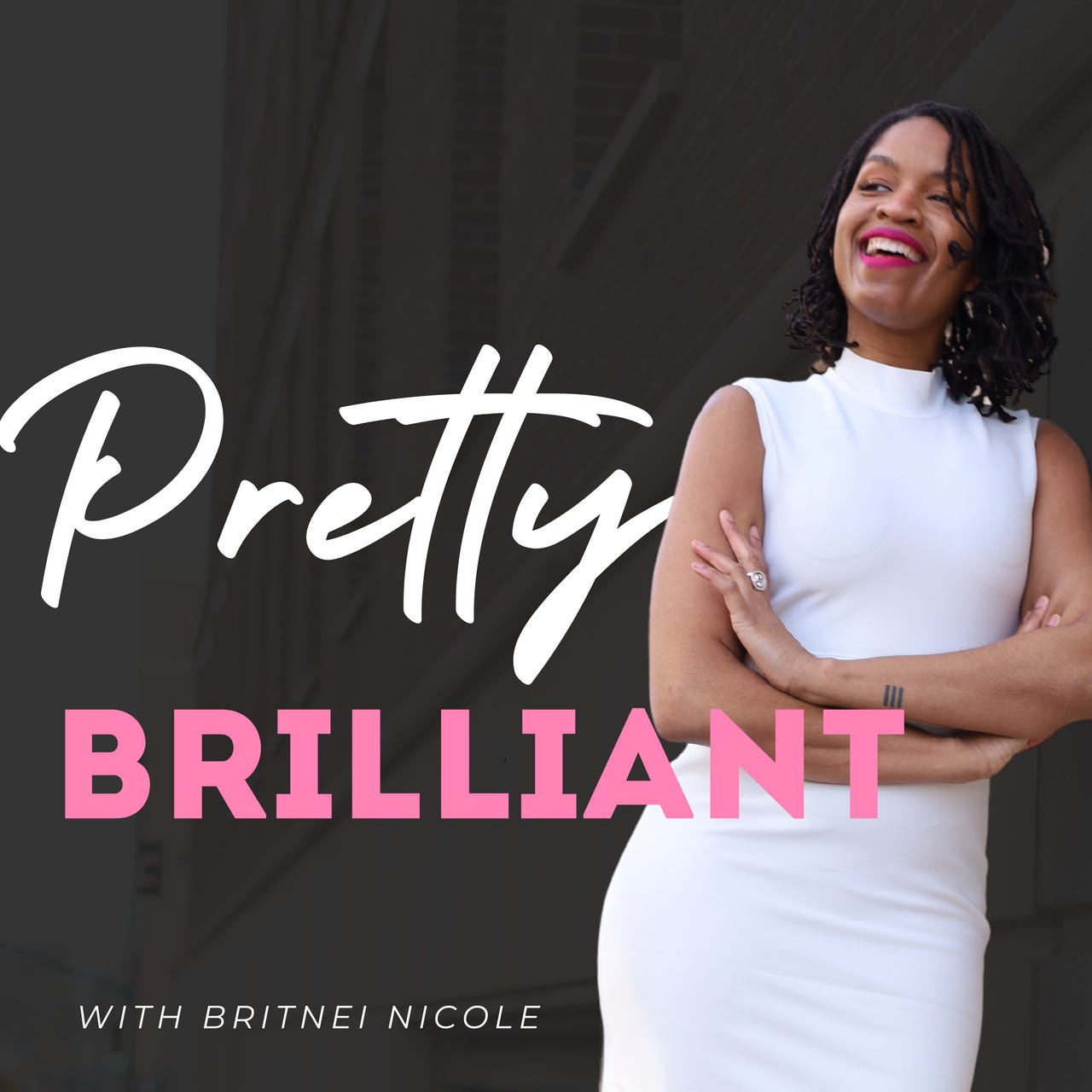Emotional Acting Class: The Practice You Didn’t Know You Needed
Emotional Control Is a Trained Skill
Most people confuse emotional control with emotional suppression. They think it means staying calm. Being above it. Turning yourself into some spiritually enlightened statue that never flinches. That’s not it.
Real emotional control means having full access to your feelings without being ruled by them. It means knowing the difference between I am angry and I am experiencing anger. It means knowing how to feel without fusing. How to observe without collapsing. How to choose your next move even when your body is on fire.
That’s a skill. It’s not something you’re born with. It’s something you build.
Training Emotional Skill Like a Muscle
When I want to master something, I don’t start by studying the topic. I start by identifying the skill underneath it. Then I find someone who’s built that skill, and I learn from them.
Before I left my corporate job to start my business, I didn’t just get a business coach. I hired a mentor who specialized in fear. Because I knew fear was the actual thing I’d be battling as I walked into the unknown. Funnels and marketing can be learned. But if your nervous system folds every time you feel uncertain, none of that other stuff matters.
Same with communication. I knew I’d have to speak, write, and show up in public. I’m an introvert. That wasn’t natural for me. So I took an improv class. Not to be funny. To practice being uncomfortable in real time. To sharpen my responsiveness. To learn how to stay present and expressive at the same time.
This is what I mean when I say emotional control is a skill. It’s something you train. You get the reps in. And eventually, it becomes muscle memory.
Why Actors Are Emotional Athletes
Acting is a discipline that requires emotional mastery. Actors use their real emotions to portray fictional stories. They show up to set after a bad day and still find the tone, the timing, the emotional truth of the character. They flip between rage and vulnerability because they’ve trained themselves to feel on command.
That’s emotional control. And not the fake kind. The real kind.
Actors don’t just express emotion. They access it. They redirect it. They use it. That’s what we’re trying to do in real life. Not to perform, but to be able to move emotion instead of being moved by it.
This is why “acting out” your emotions is actually excellent practice for developing real life emotional control.
Try This: Emotional Rehearsal
Here’s an exercise I gave in the above YouTube Video, and it’s one of my favorites. It’s not homework. It’s home play. Think of it like emotional rehearsal.
Your prompt is this:
Scenario: You just found out your best friend lied to you about something that really mattered. You’re confronting them.
Line: “I just need to know why you didn’t tell me.”
Now say that line in three different emotional flavors:
Petty and sarcastic. You’re annoyed and calling them out.
Curious and calm. You’re open and genuinely want to understand.
Hurt but composed. You’re holding it together, but it cuts deep.
You don’t need to perform this for anyone. You can do it in front of a mirror, write it out as a monologue, record your voice, or just feel the tone shift internally. What matters is that you notice what each version feels like in your body. What changes in your tone. Where the resistance is. What version feels familiar, and what version feels foreign.
This is not about acting. This is about range. You are teaching your nervous system to hold different emotional textures. You’re expanding your options. And when you have options, you have power.
Work With Me
📚Buy My Book ✨ Go Love Yourself✨
📚 Buy My Book ✨The Millionaire Mindset✨
📚Buy My Book That Uninstalls Your ✨ The Reprogramming Lab✨


